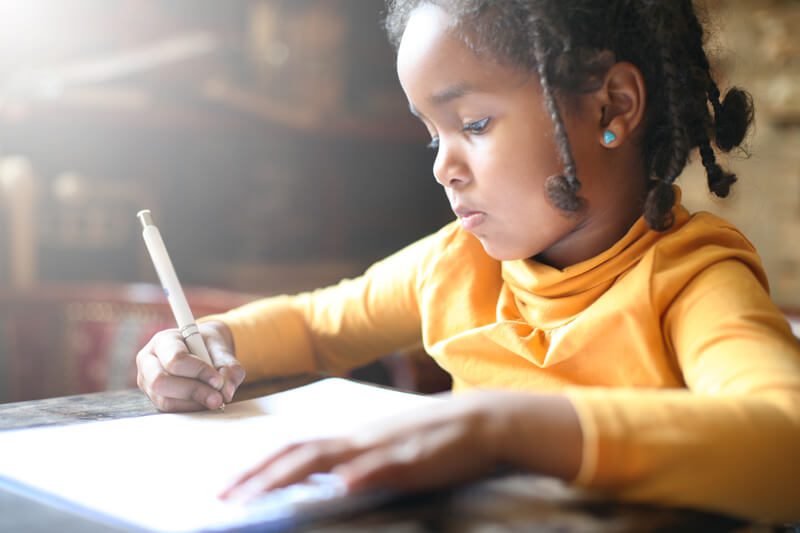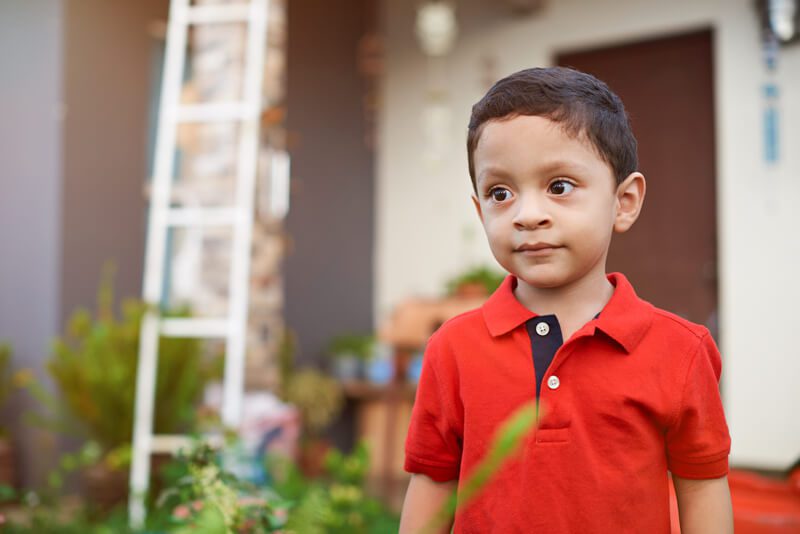It is important to recognize high-risk situations and the signs and symptoms of child maltreatment.
If you suspect a child is being harmed, reporting those suspicions may protect him or her and get help for the family. Any concerned person can report suspicions of child abuse or neglect. Reporting your concerns is not making an accusation, rather, it is a request for an investigation and assessment to determine if help is needed.
According to the Child Welfare Information Gateway – the federal information service of the Children's Bureau, Administration for Children and Families, U.S. Department of Health and Human Services – the following signs may signal the presence of the four major types of child maltreatment: physical abuse, neglect, sexual abuse and emotional abuse.











